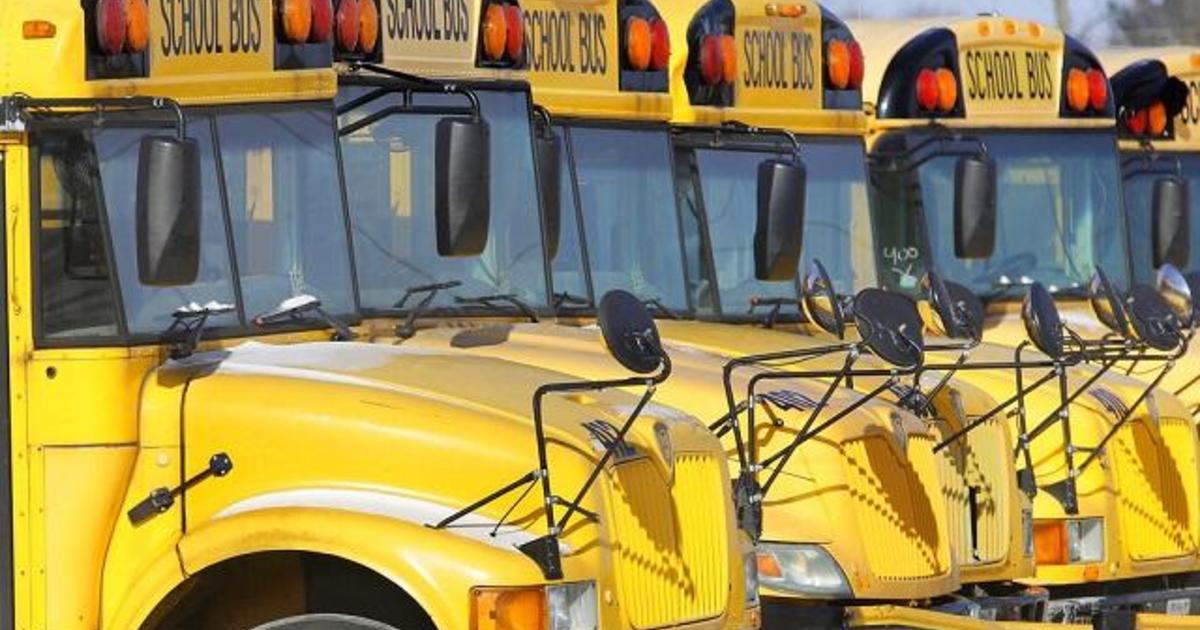Md. House Gives Initial OK To Capital Budget
ANNAPOLIS, Md. (AP) -- The House of Delegates on Tuesday approved Maryland's fiscal year 2012 capital budget, which authorizes $925 million in new borrowing for infrastructure.
The 98-41 vote in the Democrat-controlled House fell mostly along party lines, with only two Republicans supporting it. The bill now goes to the Senate.
Separately, a panel of lawmakers working out differences between the House and Senate on the state's $34 billion budget concluded its work Tuesday afternoon.
The capital budget, which totals about $3 billion, includes $250 million for school construction. There's also $198 million for higher education projects, including $60 million for 21 projects at community colleges.
The budget also includes about $40 million for the Department of Public Safety and Correctional Services and the Maryland State Police, including $20 million to help replace the state's aging Medevac helicopter fleet.
The capital budget includes $267 million for environmental and agricultural projects, including $180 million for nutrient removal technologies in 67 of the state's largest wastewater treatment plants.
During a debate, Democrats were quick to point out that the capital budget contains $215 million less in borrowing than the fiscal year 2011 capital budget to stay within self-imposed debt limits. Republicans, however, claimed Maryland has relied too much on borrowing during the recession.
Delegate Steven Schuh, R-Anne Arundel, noted that Maryland's total outstanding debt has more than doubled in less than 10 years, from $4.7 billion in fiscal year 2002 to $10.8 billion in fiscal year 2012. It's projected to grow to $12.2 billion in fiscal year 2016. The state also is on track to spend 7.9 percent of its revenues on debt service in four years, just under an 8 percent cap.
"We're going to go from 6.85 (percent), which gives us a little bit of room today under that 8 percent cap, but by four years from now — four fiscal years from now — we'll be at 7.89, almost right at the max of 8 percent. That's risky," Schuh said.
Democrats said borrowing has increased because of the recession. They also emphasized the limits are self-imposed guidelines the state uses to maintain the highest possible bond rating from three major financial agencies.
"If we were going above those limits, then I would be on the floor arguing that we need to cut this capital budget," said Delegate John Bohanan, D-St. Mary's. "We're not."
Maryland is one of eight states with a Triple A bond rating. The rating is significant because it means the state can borrow money for building projects at lower interest rates.
Meanwhile, a panel of lawmakers is putting finishing touches on the state's $34 billion budget wrapped up their work on Tuesday.
The conference committee raised another fee to help balance the state's books. A fee that car dealers are allowed to charge for paperwork related to buying a new car will double from $100 to $200 for the next three years. The state will generate about $6 million a year from the fee increase. The panel also decided to allow the fee to increase to $300 in four years. Car dealers generally work the fee into a vehicle's price, but it's not a mandatory fee. People can negotiate it when buying a car.
Earlier, the panel approved a separate certificate-of-title fee increase from $50 to $100, but it exempts rental car sales for three years. That fee increase is estimated to raise about $48.6 million a year for the state.
The conference committee also decided to move ahead with studying the idea of merging the University of Maryland, College Park and the University of Maryland, Baltimore.
The panel has linked $1 million in state funding with requiring the University System of Maryland Board of Regents to submit a study by Dec. 15.
College Park is the state's flagship institution with 37,000 undergraduate and graduate students. The University of Maryland, Baltimore, has more than 6,000 students and is home to seven professional and graduate schools.
In a separate higher education funding matter, the panel compromised on a cut to the university system's office by settling on a $4 million reduction. The panel's decision came down in the middle of a House recommendation to cut $8 million and a Senate plan to cut $2 million.
The committee's work leaves an estimated budget cushion of about $50 million in addition to about $800 million in the state's Rainy Day Fund. It also addresses about 38 percent of the state's structural deficit in future years, according to fiscal analysts.
The committee's decisions still need to be approved by the House and Senate before Monday's adjournment.
(Copyright 2011 by The Associated Press. All Rights Reserved.)



